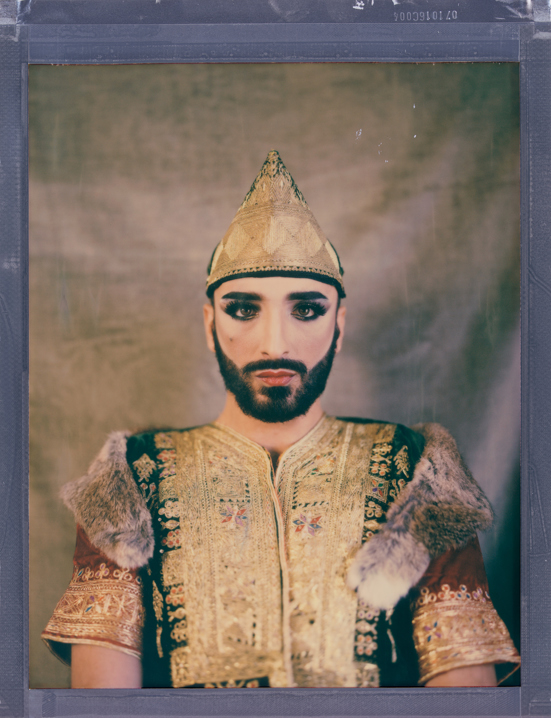Khookha / Tunisia
“When my mum learned that I was an LGBTQI+ rights defender, she asked me about my sexuality/sexual orientation, then she wanted me to see a psychologist to help me adjust my weird behavior and heal me from abomination and mental disease. I refused and then after a while I decided to please her by doing that. I thought that the psychologist would understand, but she ended up concluding that I have adopted a feminine position to show my family signs of weakness to avoid conflicts and escape from domestic violence. While growing up, I witnessed my sister getting beated for being a bold girl, resistant and rebellion.
Personally I don’t think women are meant to be weak, I don’t agree with my psychologist, everyone should have the right to experiment femininity and masculinity and every possible way of gender expression despite of the biological sex they were assigned to at birth. Gender is a social construct, individuals should have the right to build and express their gender identity the way they want. I wear make up because it makes me explore new aesthetics, I fall in love with fancy fabrics, glittery textures. Transformation makes me feel free from norms and boundaries make me feel me, a human being experimentally and with beautiful things and trying to satisfy my aspirations and desires. Still a gender-queer person in my country faces daily harassment and persecution and is allowed to have control of his body. Usually feminine males are assimilated to homosexuals.”




